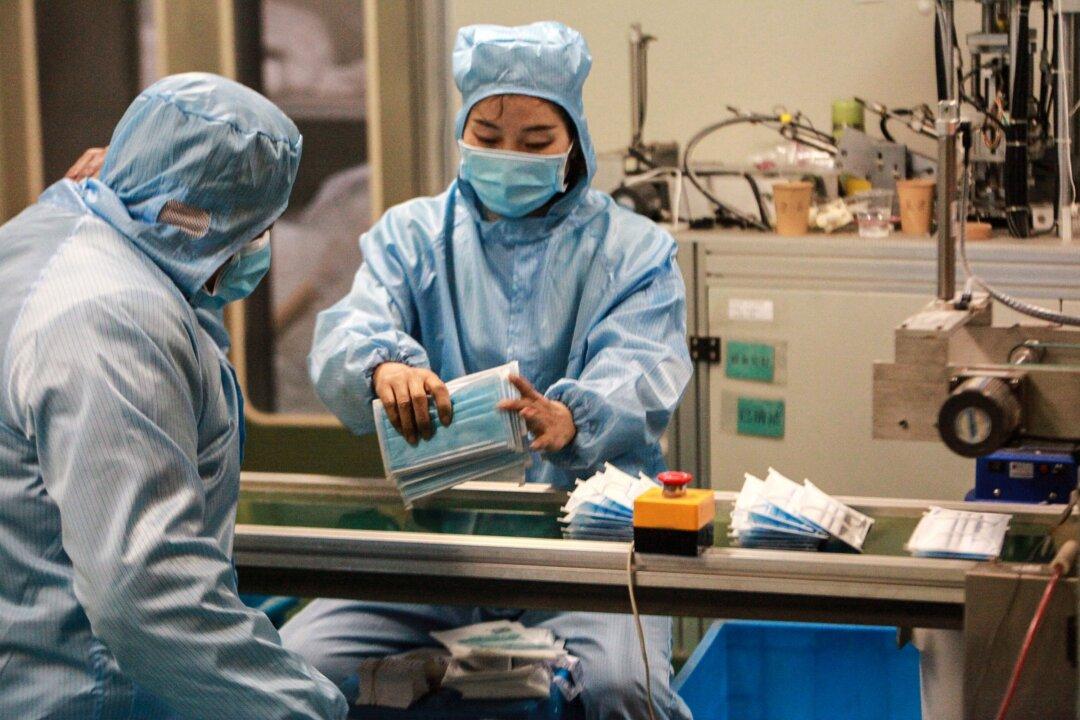Defective medical gear from China is drawing growing backlash overseas, with Finland, Britain, and Ireland being the latest to complain about faulty equipment.
Eager to portray itself as humanitarian amid the global pandemic, the Chinese regime has sent medical supplies to virus-hit countries around the world from Spain to Peru. Since March 1, the country has exported around four billion masks, 37.5 million protective suits, and 2.8 million testing kits, according to an April 5 statement by the Chinese customs administration.





